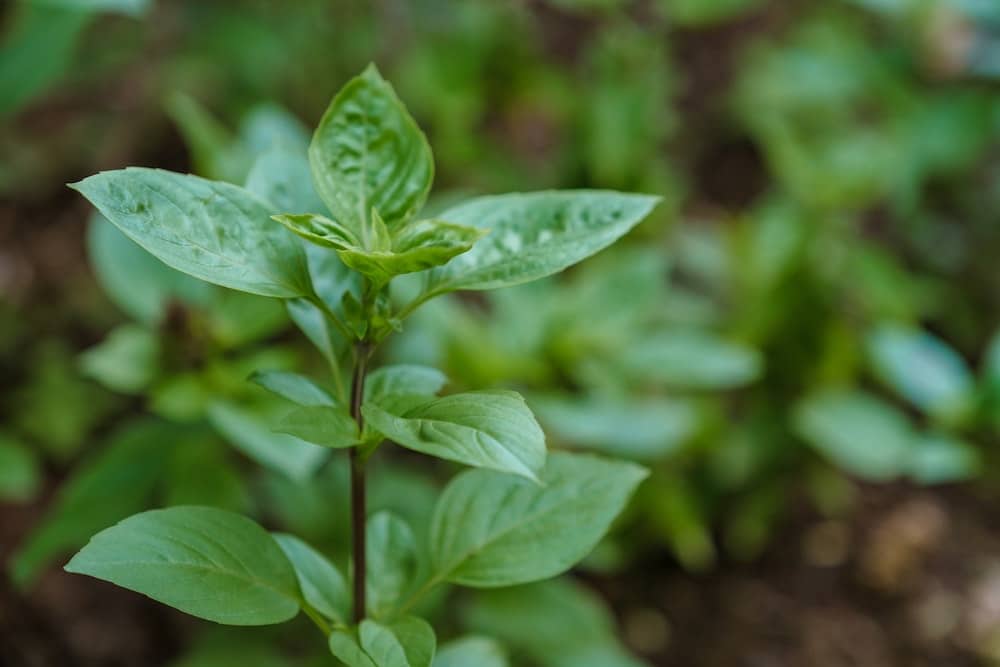Can Mindful Consumption Practices Reduce Food Waste and Promote Sustainability?

In recent years, the negative impacts of food waste on the environment and society have brought the issue to the forefront of public consciousness. The problem is compounded by data indicating that a third of all food produced globally is wasted. This staggering figure highlights the need for change. This article delves into the potential of mindful consumption practices as a strategy to reduce food waste and promote sustainability. We explore the concept of mindful consumption, the connection to food waste, and how employing this practice can contribute to a more sustainable lifestyle.
Mindful Consumption: A Potential Solution to Food Waste
Mindful consumption involves being fully aware of what we are eating, where it comes from, how it’s produced, and how our choices impact the world around us. Mindful consumers aim to make intentional and informed decisions about their consumption habits. This practice not only contributes to a healthier lifestyle but also promotes sustainability by reducing waste and conserving resources.
Lire également : What Role Does Gut Microbiota Diversity Play in Obesity Prevention?
The connection between mindful consumption and waste reduction is evident. When consumers are aware of the implications of their consumption, they are likely to make decisions that reduce waste. This could involve buying only what is needed, avoiding overpackaged products, or choosing items with less environmental impact. By being conscious of these decisions, consumers can actively contribute to waste reduction and sustainability.
The Role of Mindful Consumption in Reducing Food Waste
Today, food waste is a pressing global issue. We throw away millions of tonnes of uneaten food every year, which not only wastes resources but also contributes to greenhouse gas emissions. However, adopting mindful consumption practices can help mitigate this problem.
Sujet a lire : Can Wearable Fitness Technology Motivate Increased Physical Activity in Older Adults?
By being aware of the food we buy and consume, we can prevent unnecessary waste. This includes understanding the difference between ‘use by’ and ‘best before’ dates, planning meals ahead, making use of leftovers, and even composting. These simple practices can reduce the amount of food we throw away. They also encourage us to appreciate the value of food and the effort that goes into producing it.
Mindful Consumption and Sustainability: An Interdependent Relationship
The practice of mindful consumption goes beyond just reducing waste. It also promotes sustainability in various ways. When we consciously choose products with less packaging, or local and seasonal produce, we are reducing our carbon footprint. This not only conserves resources but also supports local businesses and economies.
Mindful consumption also involves understanding the wider implications of our food choices. For instance, choosing plant-based foods over meat and dairy products can significantly lower our environmental impact. These choices not only benefit the planet but also our health.
Educating for Mindful Consumption
The first step towards mindful consumption is education. We need to understand the impacts of our choices, be they environmental, social, or economic. Schools, communities, and media platforms are instrumental in disseminating this knowledge. They can provide information on the environmental implications of food waste, the benefits of local and seasonal produce, and the importance of reducing packaging waste.
Education should also focus on practical skills, such as meal planning, preserving food, and composting. These skills empower individuals to make informed decisions about their consumption habits. They also contribute to a cultural shift towards valuing and appreciating food, which is crucial for reducing waste.
The Future of Mindful Consumption
The rise of mindful consumption is a promising trend for the future of sustainability. As consumers become more aware of the impacts of their choices, they will drive demand for more sustainable products and practices. This demand can influence businesses and policy makers, leading to systemic changes that reduce waste and promote sustainability.
However, it is also important to recognize the barriers to mindful consumption. These can include lack of time, access to information, or affordable sustainable options. Addressing these barriers is crucial for making mindful consumption achievable for everyone. By doing so, we can create a future where food is valued, waste is minimized, and sustainability is prioritized.
Promoting Mindful Consumption
Promoting mindful consumption is a joint effort. It not only concerns individual consumers but also involves the participation of businesses, policy makers, and educators. They each play a significant role in instigating and sustaining this change.
Businesses have a responsibility to provide transparent information about their products. This includes details about the production process, sourcing practices, and environmental impacts. This transparency empowers consumers to make informed decisions, thus encouraging mindful consumption. Additionally, businesses can innovate and implement sustainable practices such as reducing packaging or offering waste-free alternatives.
Policy makers can also contribute by establishing regulations that promote sustainability and reduce waste. They can create incentives for businesses to adopt more sustainable practices and implement educational programs that raise awareness about the importance of mindful consumption.
Educators, from teachers to social media influencers, can help in raising awareness and spreading knowledge about mindful consumption. They can instigate change by incorporating sustainability topics into curricula, hosting informative workshops, or creating engaging content that emphasizes the importance of mindful consumption.
Conclusion
In conclusion, mindful consumption has the potential to significantly reduce food waste and promote sustainability. By being more conscious of our consumption habits, we can not only reduce the amount of food we waste but also make a positive impact on the environment and society.
However, mindful consumption is not a solution that can be achieved overnight. It requires education, awareness, and active participation from all stakeholders, including consumers, businesses, educators, and policy makers. By working together, we can overcome the obstacles and make mindful consumption the norm rather than the exception.
The future of sustainable living lies in our hands, and the practice of mindful consumption is a stride in the right direction. As we continue to educate ourselves and others, and as we strive to make more sustainable choices, we inch closer to a future where food is valued, waste is minimized, and sustainability is not just a trend, but a way of life.
